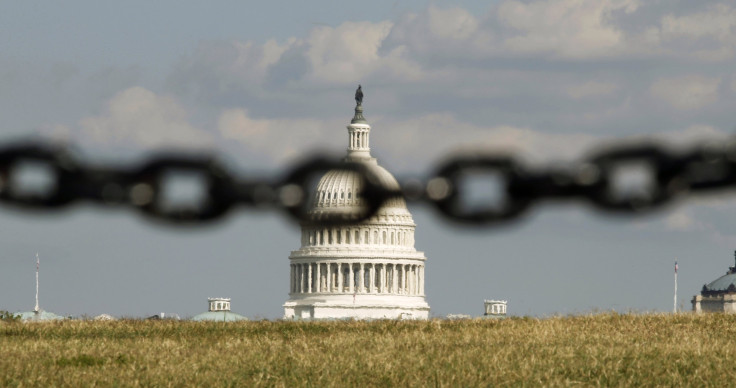Government Shutdown 2014? Why It Isn't Going To Happen

As Congress heads back to work this week after a summer break, a government shutdown is seen as unlikely. A repeat of last year’s budget impasse would hurt Republican chances as voters head to the polls for the midterm elections in November.
U.S. Sen. Chuck Schumer, D-N.Y., said the most likely outcome is a continuing resolution, which would fund government programs at current levels until Congress returns after the midterm elections. The government’s fiscal year ends Sept. 30. A continuing resolution would fund the government for 10 weeks.
“Look, I think the fact that Republicans are wary of a shutdown makes the chances of passing a [continuing resolution] more likely,” he told Politico.
In 2013, a government shutdown was triggered by Congress' inability to agree on a plan to fund government operations. As a result of the 16-day shutdown, national parks were closed and government workers were furloughed. The move backfired on Republicans who sought the shutdown in a battle over Obamacare funding.
"There will be no government shutdown this fall. That hurts every incumbent on both sides of the aisle, so it won't happen," GOP strategist and former congressional aide John Feehery told CBS News.
A shutdown could happen, however, if Republicans try to block a White House-backed measure to increase border patrol funding in the wake of the influx of unaccompanied minors from Central America on the southwest border. A showdown between the GOP and the White House could lead to a domino effect where other bills are tacked on to the spending bill, the Los Angeles Times reported.
Senate Minority Leader Mitch McConnell, R-Ky., is among the Republicans advocating against a government shutdown. “Nobody has an interest in doing that,” he told Fox Business Network.
© Copyright IBTimes 2024. All rights reserved.












